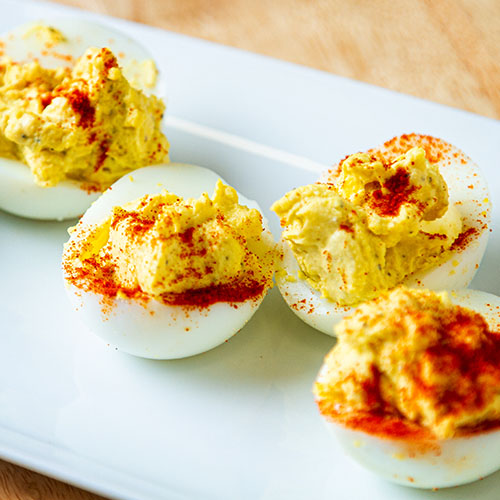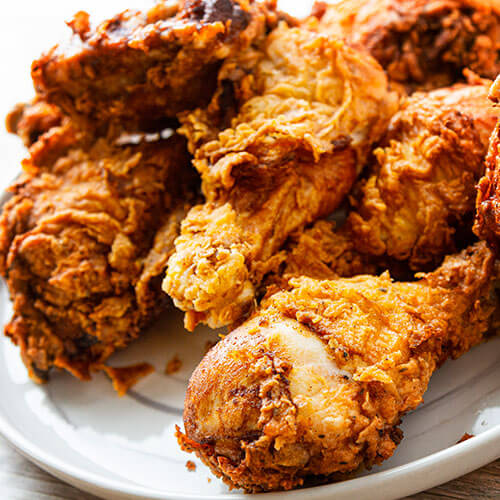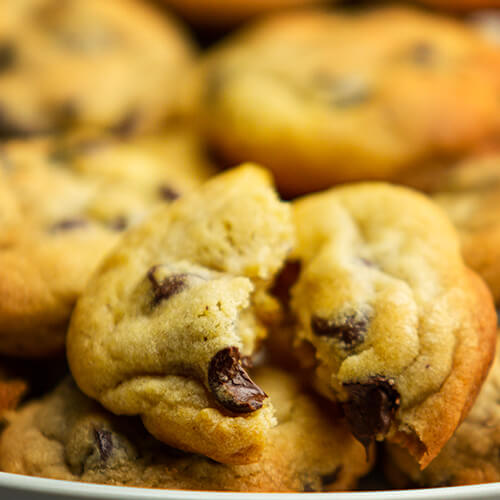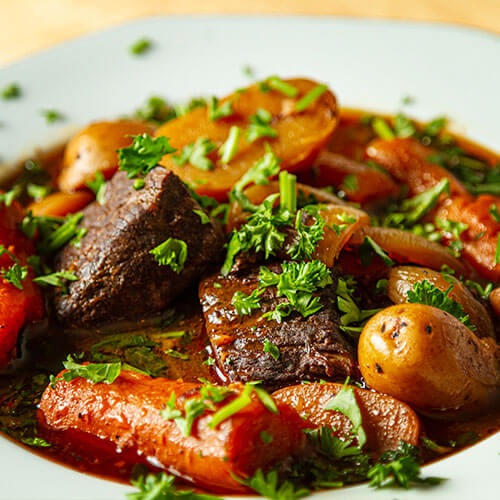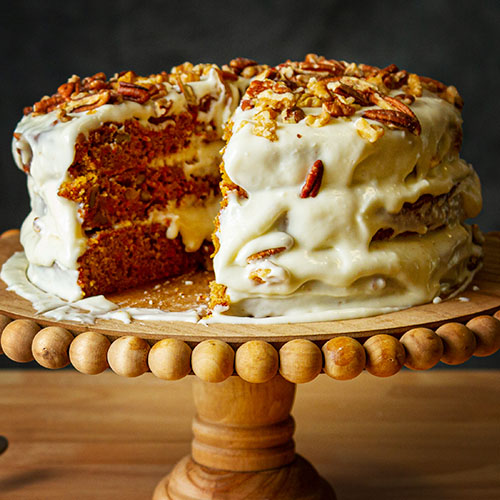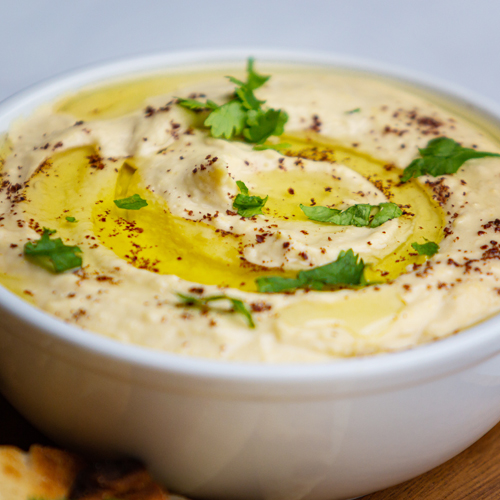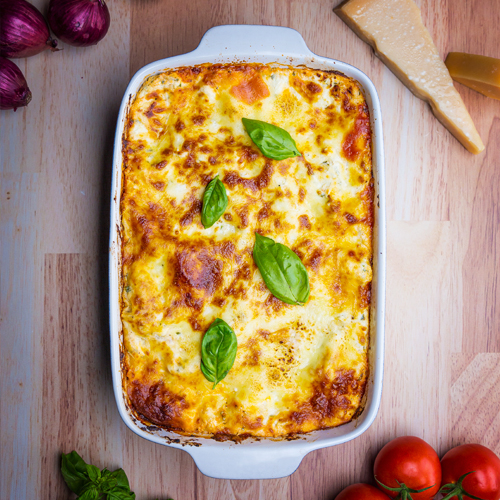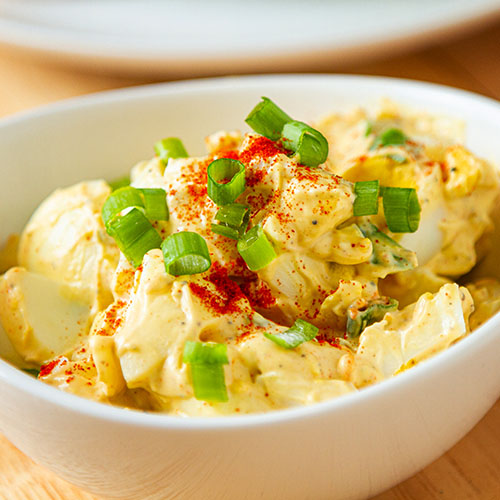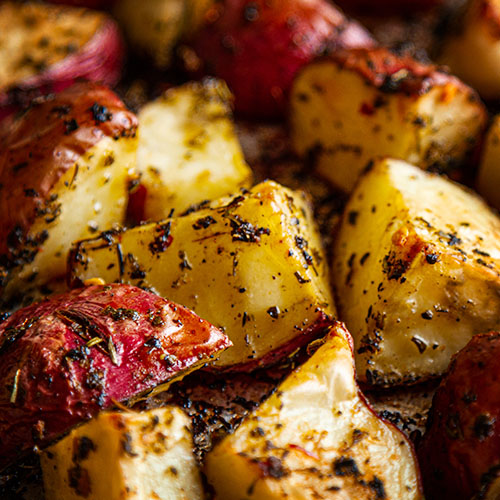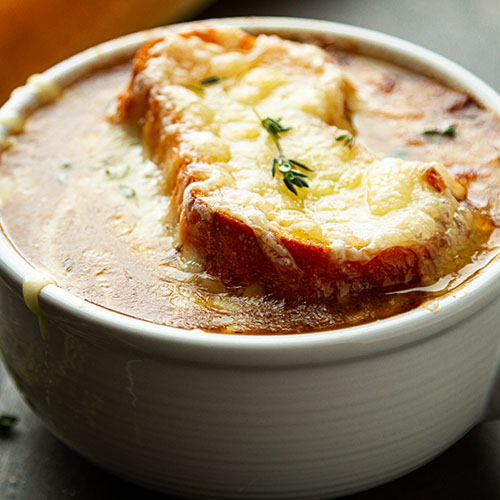Simple Recipes for Teens
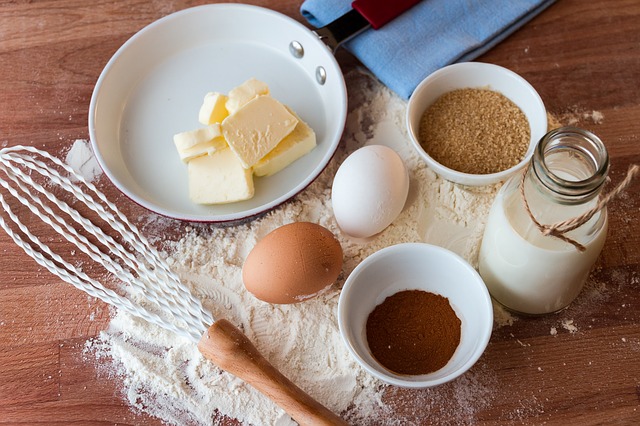
If you’re just starting out in the kitchen, opt for some simple recipes that will help you learn how to cook (like this meatloaf recipe). After you learn a few skills, you’ll be ready to advance to more complicated recipes that will continue to challenge you. Your family will probably love eating your cooking, and you’ll enjoy becoming more skilled in the kitchen. Another benefit of cooking at home is the fact that you can choose whole and healthy ingredients that will be nourishing and more natural. Your body will appreciate it when you feed it fresh ingredients like raw fruits and vegetables. Opting for lean cuts of meat, low-fat dairy, and whole grains will also help you reduce calories and increase nutrition in your meals. You may be surprised at how delicious home-cooked, healthy meals can be.
Cooking and baking can be a great way to learn new skills. Although some recipes can be challenging and complicated, there are plenty of recipes that are quick and easy, too. If you have more time on the weekends, you might cook up some breakfasts, dinners, and desserts ahead of time that you could enjoy during a busy week. Try making your cooking time a family activity, too, so you can spend time with parents and siblings while you prepare meals together.
Kitchen Safety
Kitchen safety is all about making sure that you stay safe while you’re cooking or baking as well as making sure that the foods you prepare are safe to eat. Always wash your hands with soap before you do anything in the kitchen and after you handle raw meats. Be careful not to cross-contaminate your surfaces when you prepare raw meat and other ingredients. Use one cutting board as you prepare and cut up your meat, and then wash the cutting board in hot, soapy water if you plan to reuse it for other prep work. Wash fresh fruits and vegetables thoroughly before you prepare them, too. Keep foods that will spoil cold, either chilled in the refrigerator or frozen. Use knives and other sharp tools carefully, use electrical appliances according to the manufacturer’s instructions, and attend to foods that you are cooking and baking at all times. Don’t wear loose-fitting clothing while you’re cooking, and tie your hair back if you have long hair. When you cook with young kids, supervise them closely to prevent injuries. Young children might be able to perform prep work such as cutting up soft fruits with a butter knife or stirring batter in a big bowl. Encourage kids to help in the kitchen so they begin to enjoy the cooking process.
- Top Ten Kitchen Safety Do’s and Don’ts
- Safety Tips in the Kitchen
- Rules for Kitchen Safety
- Kitchen Safety
- Eight Ways to Stay Safe in the Kitchen
Breakfast
- Ten Recipes Every Cook Should Know: Scrambled Eggs
- Healthy Breakfast Recipes
- Baked Banana Oatmeal
- Overnight Oatmeal With Blueberries
- Ham and Egg Frittata
Lunch
- Lunch Ideas for Work
- No Recipe Required: Tasty Lunch Ideas
- Rice and Bean Wraps
- Zippy Dips
- Healthy Lunch or Dinner Recipes
Dinner
- Catfish Tacos With Pico de Gallo and Avocado Crema
- Lunch and Dinner Recipes: Healthy Ideas
- Masala Rice
- Six Benefits of Homemade Meals and Seven Recipes
- 27 Healthy Dinner Recipes: Oven-Baked Meals That Do Most of the Work
Snacks
Other Recipes for Teens
- Delicious Healthy Family Meals
- From Our Kitchen to Yours: Recipes for Well-Being
- Healthy, Tasty, Affordable Latin Cooking
- One-Pot Meals Cookbook
- Healthy Home Cooking: Recipes for a Healthy Lifestyle
- Classic Honey Flan
- Greek Frittata With Spinach Goat Cheese and Roasted Red Bell Peppers
Classic Recipes
Perfect Recipes
Homemade Recipes
This page was last updated by Megan Miller

